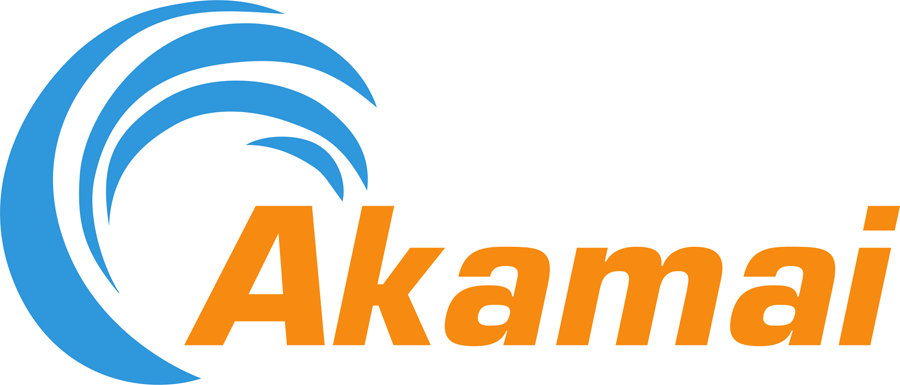While the iPhone and Google’s HTC-made G1 may be introducing a more consumer-oriented market to the smartphone, it is still very much a business tool.
The high-end handsets are being used to carry increasing amounts of confidential data, yet only 35 per cent of companies have a mobile device security strategy in place.
Smartphone.biz-news.com spoke to Larry Ketchersid, chairman and CEO of Media Sourcery, about how it’s helping enterprises with mobile workforces securely distribute confidential information.

Epitomised by RIM’s BlackBerry, with its reputation for secure email and text messaging, smartphones remain a powerful data communication tool for companies.
Larry Ketchersid, chairman and CEO of Media Sourcery, believes that role is likely to gain in importance as more enterprises latch on to the benefits of utilising smartphone-based products.
But security and data regulations have to be a major consideration when dealing with highly sensitive information.
His company has developed a secure smartphone application called Mobile Data Messenger (MDM) that allows the sending and receiving of encrypted traffic.
It securely transfers data files through a network without the need to use E-mail or FTP, or having to burning CDs or DVDs and sending them via snail mail or courier.
Intended for use in virtually any size of organisation, it also enables companies to do away with the need for significant numbers of paper forms and provides real-time information that can be integrated directly into a data system.
Ketchersid said the result was secure data transmission – but also increased productivity.
“Security is great, and it’s required, but when it gets down to doing the ROI, the company and CEO are looking for simplified and improved accuracy and efficiency for their mobile workforce,” he said.
Ketchersid said the MDM package was written in Java and was already being used by a major US healthcare company on its BlackBerries.
“Security of patient health information is required in the US by the HIPAA regulations, and our solution solves that and other problems, such as the removal of paper forms, automation of data entry, cleaner data, mobilization of their application and so on, for our customers,” he said.
Ketchersid said MDM wasn’t restricted to the RIM handsets or the BlackBerry encrypted enterprise server.
 |
| Larry Ketchersid |
The package has been adapted for use on Nokia’s S60 platform at the request of the Finnish phone manufacturer.
Media Sourcery has also just completed a request by HTC to port the application to Windows Mobile and Ketchersid said he was keeping a close watch on Android to see if it became more enterprise focussed in the future.
“By having Symbian 60 and RIM, we have the two big ones,” he said. “So we have a pretty large market share.”
Ketchersid said MDM was initially intended for use in heavily-regulated industries with a need for high security and audit trails.
All transactions are encrypted and tracked for full regulatory compliance and once securely sent and succesfully received, confidential data is wiped from a smartphone’s memory.
Simplicity Essential For High Adoption Rates
Ketchersid said a prime example of the importance of this was in the healthcare industry, which has a mix of technically-trained staff and employees with low technical skills.
“Our biggest customer in the US is the country’s largest hospice company,” he said.
“We provide a user interface for healthcare workers to enter patients’ data, which is then sent back to the company’s database and automatically integrated into the back-end health information system.
“What we have to do where the customer is not as used to smartphones as in other industries is make the application very simple.
“We are talking about making the transfer from filling out a paper form, yet it has to be something everyone can do.”
But Ketchersid said feedback from the client was good, adding: “They are loving it and asking us to put all the forms they have on it.”
The MDM package is either sold as a hosted subscription service or as a software version for companies to manage themselves.

Ketchersid said the decision on which version to adopt came down to whether IT departments wanted to have complete control of their own systems.
MDM is also being used in the oil industry where security is an important feature, as are GPS requirements, a timestamp and automatic integration.
“We have a customer in the oil field professional services that has to go out to remote locations,” said Ketchersid. “What they really need is an audit trail to show they were at a site and did tasks. It’s like a timesheet on steroids.”
He said there was a growing market for MDM from companies looking for a forms package with Media Sourcery’s security built into it.
Aside from the healthcare and oil industries, MDM is being used in the legal profession.
Potential future uses include a law enforcement project where officers are required to record possible evidential data or prove a vehicle was stopped.
“It’s a pretty open field. We got started in the healthcare market and will continue to have healthcare customers but are expanding out from that,” he said.
“There are so many possibilities. It’s really going to be where the customer demand comes from.”



 Among other features are:
Among other features are:












